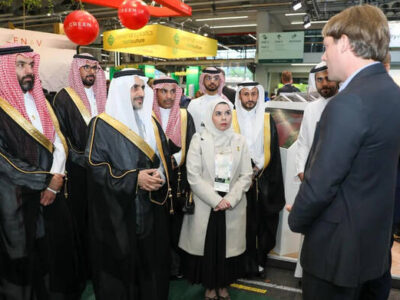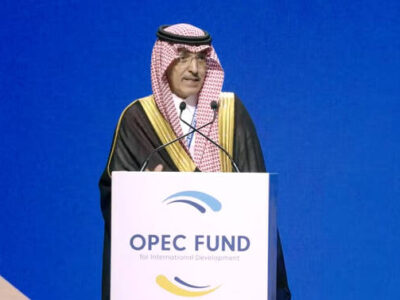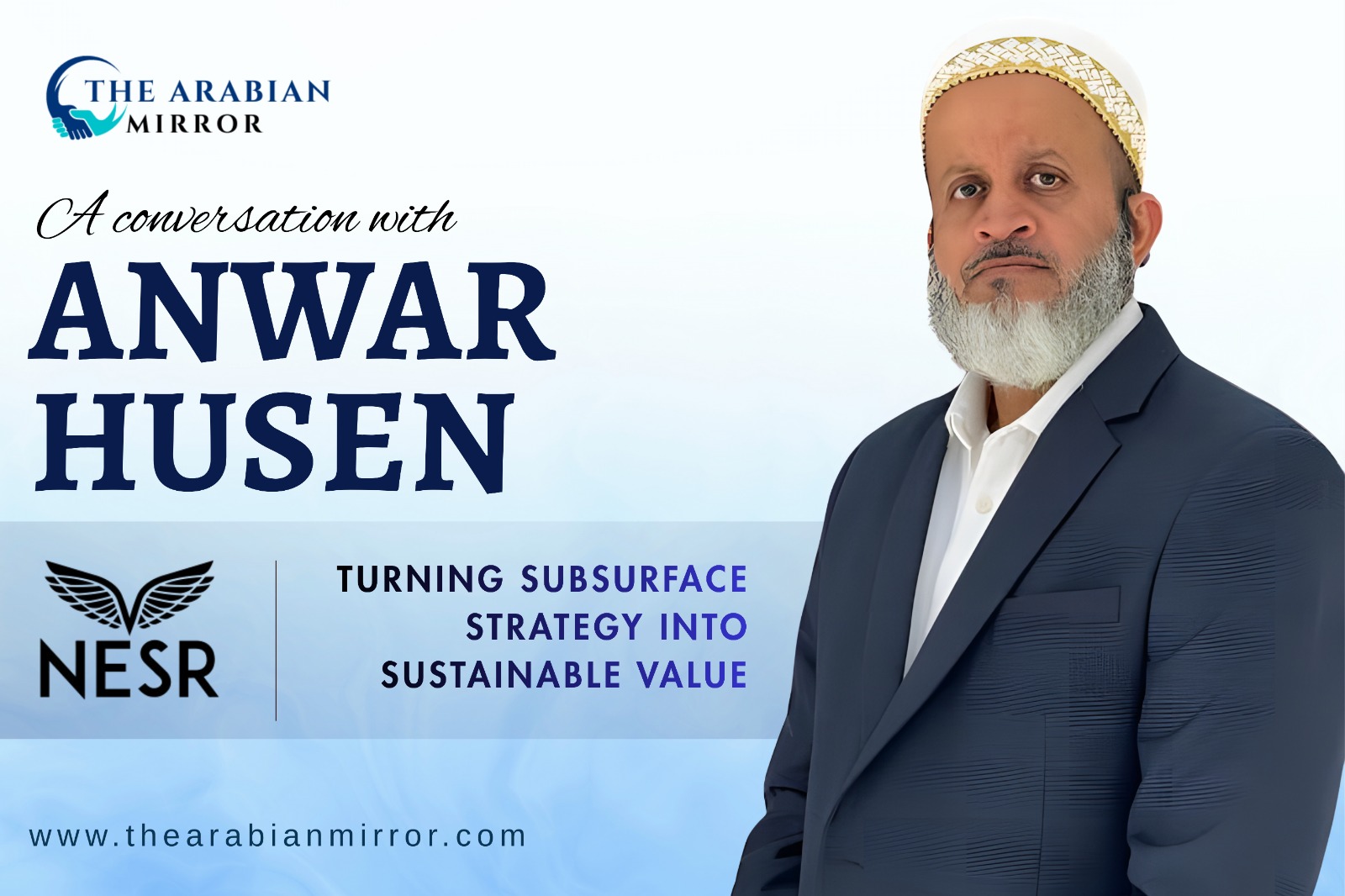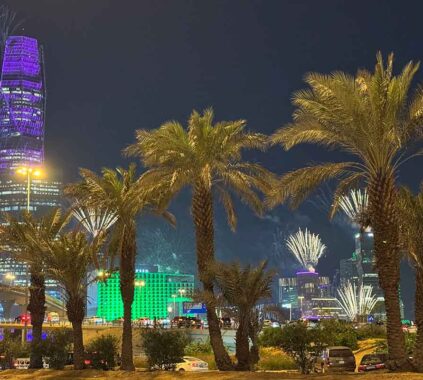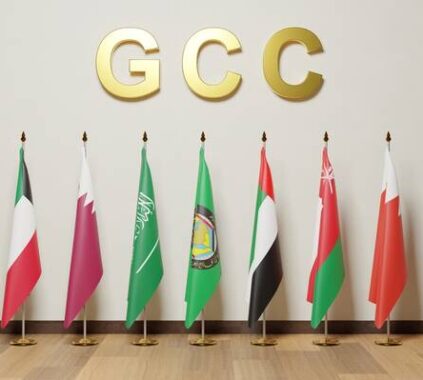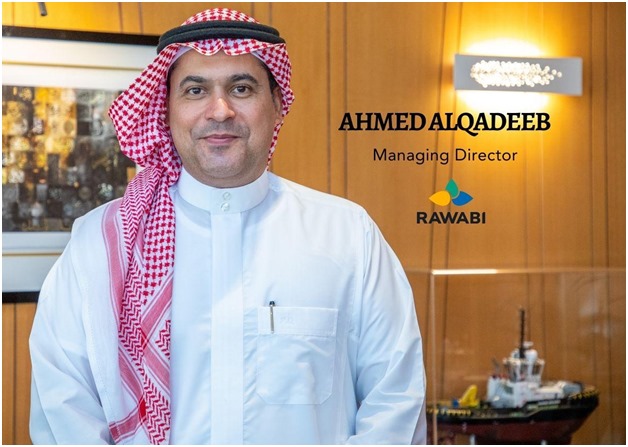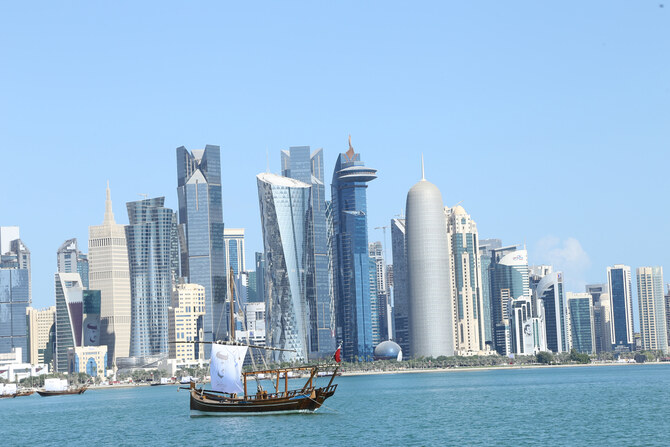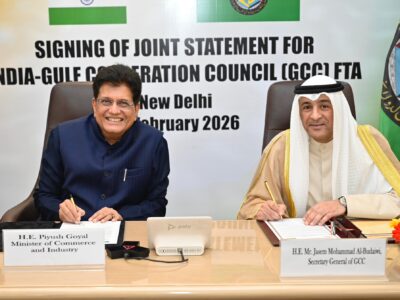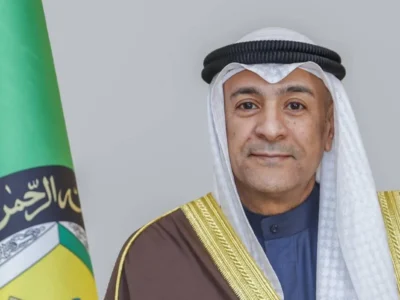RIYADH: As robust non-oil sector activity and increasing oil production counteract global trade challenges, the economies of the Gulf Cooperation Council are predicted to rise 4.4 percent in 2025, up from an earlier estimate of 4 percent. The Institute of Chartered Accountants in England and Wales stated in its most recent economic update, which was created in collaboration with Oxford Economics, that Saudi Arabia and the United Arab Emirates will drive regional development in spite of declining petroleum prices and growing geopolitical unpredictability.
The update coincides with higher-than-anticipated increases in OPEC+ output as well as ongoing expenditures on technology, infrastructure, and travel. The International Monetary Fund predicted in May that the GCC region’s GDP will expand by 3% in 2025, primarily due to improvements in the non-oil sector. In order to improve their non-oil industries and lessen their dependency on crude earnings, GCC member states, especially Saudi Arabia and the United Arab Emirates, have been working to diversify their economies. The ICAEW research confirms the progress of these efforts.
“The GCC economies are demonstrating remarkable adaptability amid shifting global trade dynamics,” stated Hanadi Khalife, head of Middle East at ICAEW. “Investments in infrastructure, tourism, and technology continue to pay dividends, strengthening resilience and laying the groundwork for long-term growth,” she continued.
Also Read:
Should NRIs in the UAE Wait to Send Money When the Indian Rupee falls to an Eight-Week Low?
A Pilgrim in Madinah is Saved by Prompt Medical Attention



